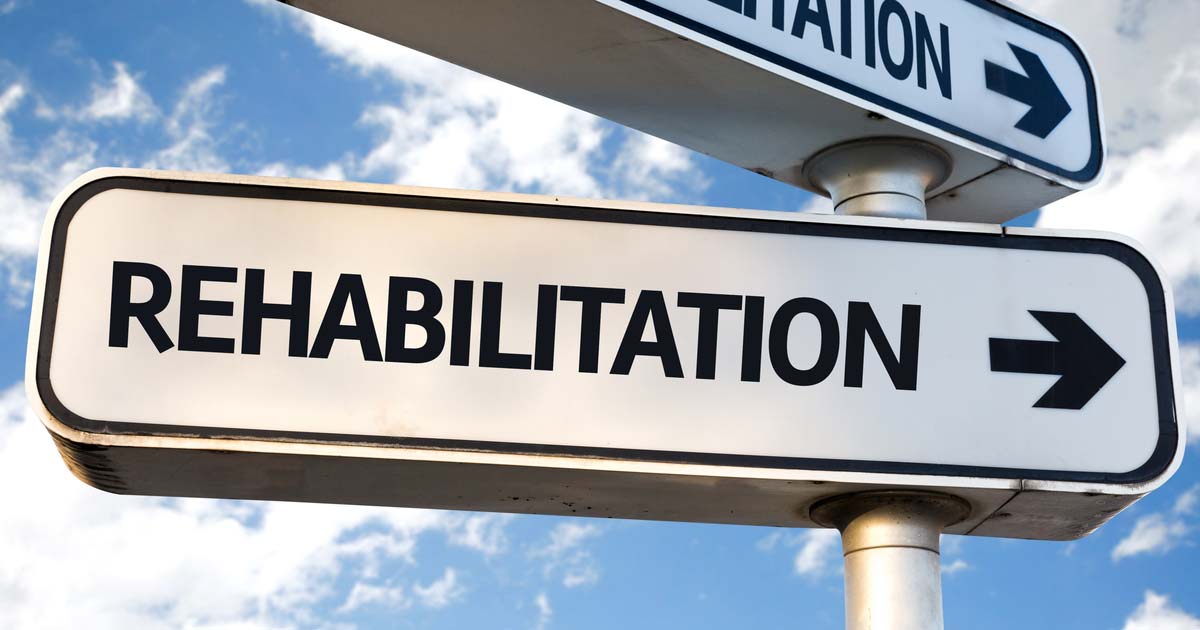Addiction is a pervasive and debilitating problem that impacts millions of individuals worldwide. Whether it’s drugs, alcohol and gambling or technological, addiction may take various forms and affect people in all walks of existence. There is hope to those who struggle with addiction. The right addiction treatment will provide all the required tools and resources to help individuals regain the control over their lives. In this post, we discuss the diverse aspects of addiction treatment from the identification of indicators of addiction, to the different treatments available.
Addiction is not a simple issue of moral deficiency; it’s an unidimensional disease that impacts the brain as well as behavior. Most often, it begins with an involuntary use of drugs or engaging in actions and, as time passes, there can be changes in brain chemistry and behavior. It makes stopping or managing the addictive behavior extremely challenging. It is vital to understand the medical nature of addiction, just like any other chronic disease. Understanding addiction as a condition has opened the way to effective treatments that concentrate on addressing its root causes and encouraging long-term recovery.
One of the greatest obstacles to treatment for addiction is unwillingness to seek help. Denial, shame, and a sense of guilt frequently prevent people from reaching for help. It is important to recognize how addiction is medical condition And seeking assistance is an indication of strength not weakness. A professional treatment program can give you the needed tools and assistance in overcoming addiction. They can address both the physical and psychological aspects of addiction. Furthermore, the earlier you seek help and seeks treatment, the greater the chance of successful recovery. Families and friends be a crucial part of the recovery process by providing support and motivation to the loved ones who struggle with addiction.

There’s no universal approach to When A Parent Goes To Rehab, as each person’s experiences with addiction is unique. However, several evidence-based treatments have proved to be effective in aiding addicts overcome their addiction. Treatments that focus on behavior, such as CBT, also known as cognitive behavioral therapy (CBT) and motivational interviewing, help individuals identify and change the thought patterns and behaviours that contribute to addiction. Drug-assisted treatment (MAT) is a great option to those suffering from alcohol or opioid addiction, because it reduces cravings and withdrawal symptoms. Support groups and 12-step programmes including Alcoholics Anonymous (AA) and Narcotics Anonymous (NA), provide valuable peer support and the ability to be accountable.
It’s not just about healing the physical body. It’s also dealing with the emotional and mental health. Dealing with mental and physical challenges that are frequently associated with illness and trauma can be overwhelming. Health professionals who specialize in mental health like psychologists or counselors, play a vital part in helping patients overcome these challenges. They provide emotional support and teach strategies for coping as well as work to build resilience. The process of emotional and mental rehabilitation is an integral part of the recovery process, as it can help individuals gain a positive outlook on life as well as build up the mental stamina that is required to tackle challenges.
The process of recovery from addiction is not an easy process. It is a lifelong journey. It requires commitment, resilience, and ongoing support. Treatment can be helpful to get sober, keeping it includes developing resilience skills in relapse prevention, strategies for preventing them, and living a balanced way of life. It is important to recognize small victories along the way and get help whenever needed. Recovery is possible, and many individuals go on to lead fulfilling lives free from the grips of addiction. Through the correct treatment, help, and dedication, anybody can be free of addiction and set out on a pathway to a more positive and healthier tomorrow.
